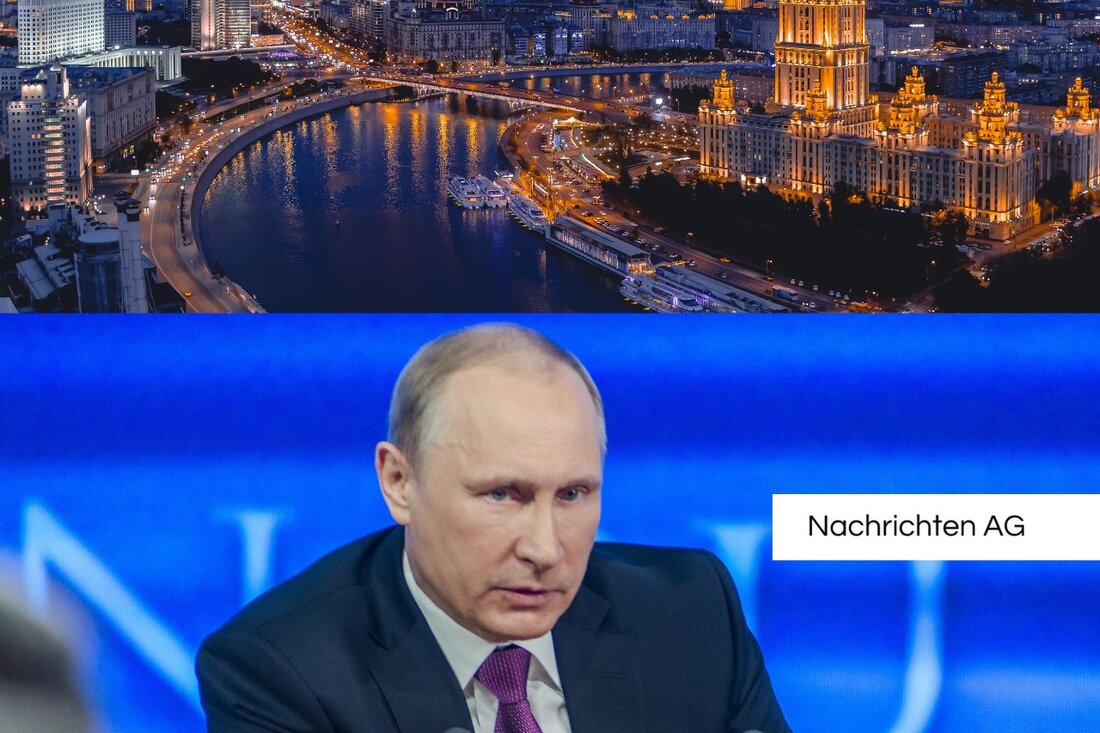The risk of war in the Middle East: USA before military attack on Iran!
Escalation in the Middle East: A US attack on Iran threatens, while Washington and Israel take military measures.

The risk of war in the Middle East: USA before military attack on Iran!
tensions in the Middle East reach a critical point because a military attack by the United States on Iran is viewed as a realistic scenario. [Kosmo] reports that such a blow could potentially trigger an open state of war. US President Donald Trump called Iran for unconditional surrender and warns of attacks on US soldiers. In this context, additional US fighter planes were moved to the region, whereby Washington classified these measures as defensive.
In response to a US attack,Iran could mobilize regional allies, which significantly increases the risk of a comprehensive conflict in the Middle East. Rarely was the concern so great that attacks Iranian forces could also threaten to US military base points in the region. Such an escalation could not only destabilize the geopolitical location, but also lead to a global energy crisis, in which blockades in the Hormus street could increase the oil price to over $ 150 per barrel.
military escalation and geopolitical implications
In addition to the US troop movements, Israeli forces are already active. Israel continues his attacks on Iran, focuses on the infrastructure of the Iranian nuclear program. These attacks led to the killing of the Iranian general staff Ali Schadmani. Bomb attacks on Tehran, which targeted state institutions, intensify the existing tensions in the region. According to reports, a US message in Tel Aviv was slightly damaged without injuries [Süddeutsche].
Iran, however, made it clear that it does not pursue the intention of developing a nuclear arsenal, but emphasizes that its nuclear program is only dedicated to civil purposes. Despite these claims, both the United States and Israel have considerable concerns about Iran's possible military goals. This is underpinned by the recent knowledge of the International Atomic Energy Authority (IAEA), the traces of uranium found in non-declared Iranian facilities. This information led to a resolution, which was approved by most members of the IAEA Governor Council, but was rejected by Russia and China [DW].
diplomatic efforts and possible solutions
Despite the tense situation, there are still diplomatic channels that could possibly prevent or delay an open conflict. However, the United States has reduced its presence in the Middle East, especially with regard to the safety of its messages, as the warnings to American citizens show to travel to Iraq. Trump describes Baghdad as a dangerous place and the withdrawal of embassy staff reflects the concern that Iran could order retaliation in the event of an Israeli attack [DW].
Finally, it can be said that the international community faces an ever increasing challenge. The question is no longer whether a conflict between the United States and Iran is opened, but rather when and with what intensity this conflict could break out. While Trump is pushing for a “real end” of the Iranian nuclear program, the uncertainty as to whether a peaceful dialogue is actually possible remains [Kosmo].

 Suche
Suche
